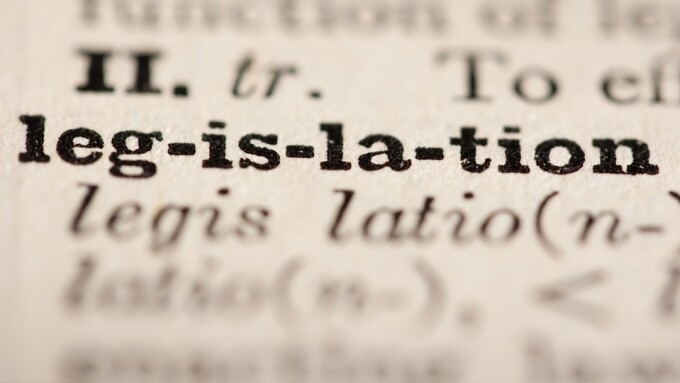WASHINGTON — A piece of legislation wending its way through Congress could make prostitution advertising a federal crime.
Yesterday, the House Judiciary Committee passed a new version of H.R. 1865, a bill that would allow federal authorities the ability to prosecute sites where sex workers advertise and communicate with clients — even if the sexual exchange is only alluded to and never completed.
An updated version of FOSTA (Allow States and Victims to Fight Online Sex Trafficking Act), the bill would pave the way for civil liability, as well, for offending sites.
Yesterday, House Judiciary Committee Chairman Bob Goodlatte of Virginia said the bill "empowers prosecutors with new tools" to hold human traffickers accountable.
Specifically, the bill, authored by Rep. Ann Wagner of Missouri, would amend Section 230 of the federal Communications Decency Act, which bars liability for user-generated content.
Industry attorney Lawrence Walters, of Walters Law Group, said that the dismantling of Section 230 under FOSTA could create unforeseen perils for online companies.
“This bill is even more threatening to online innovation than the companion Senate bill, SESTA, S. 1693, since it would impose potential criminal liability for reckless conduct, without a showing of actual knowledge of illegal content,” Walters told XBIZ.
“Gutting Section 230 immunity in this way would result in unpredictable risks for sites that permit sexually oriented content,” Walters said. “Efforts to identify and remove illegal content could also lead to liability, which defeats the intent of the legislation.
“While large operators that can afford advanced artificial intelligence content scanning systems may be able to manage the risks, a law like this will cause smaller sites and start-ups to shut down or never launch,” Walters said. “Overall, this would be a net negative for the marketplace of ideas."
H.R. 1865 is now headed to a full vote in the House of Representatives.






